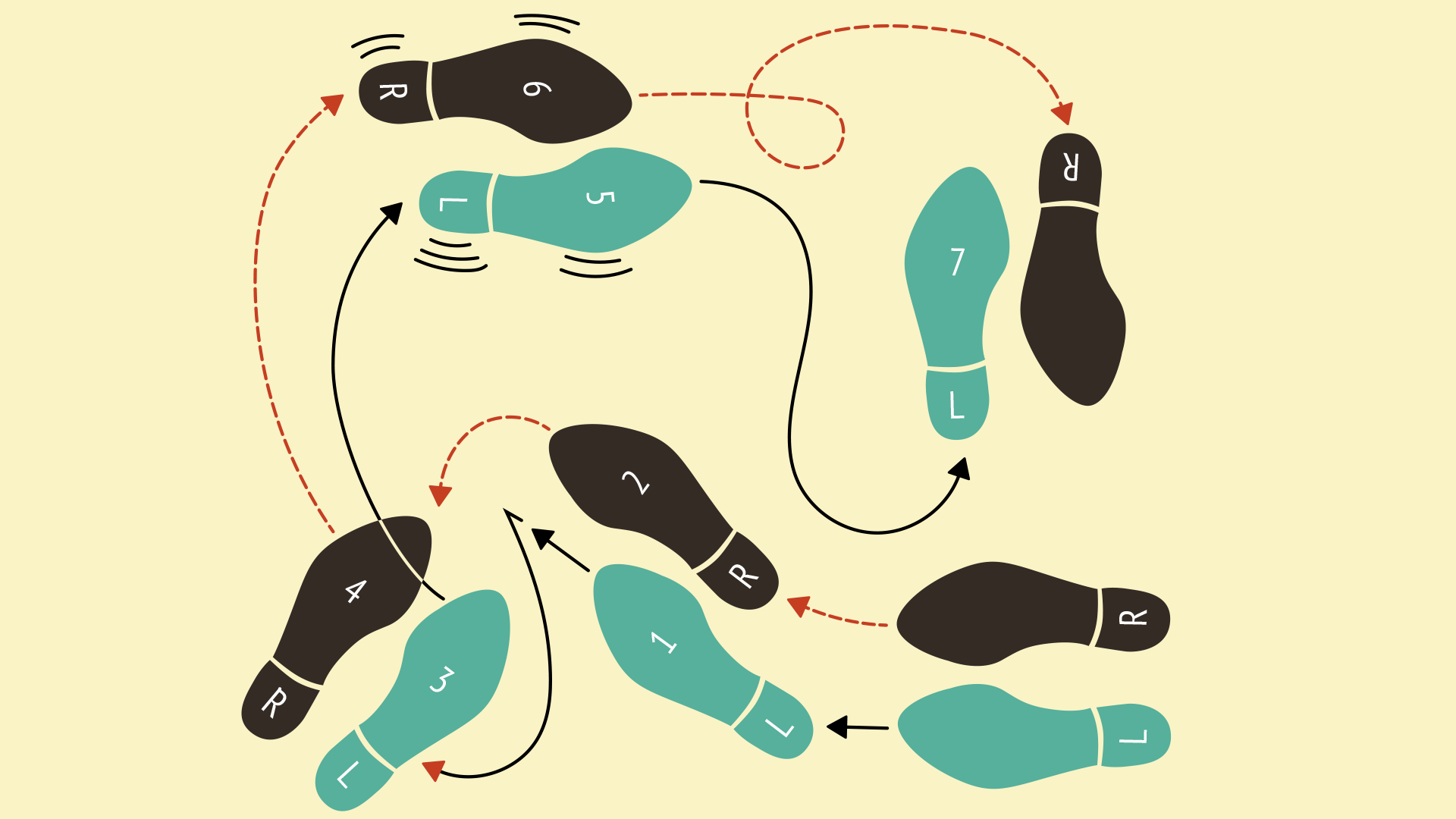In a review of the football industry’s last 12 months, World Football Summit‘s Kabir Nagpal looks back on a year that saw the rise and fall of the European Super League and a far more promising birth for the metaverse.
Twenty twenty-one was the year fans returned to stadiums, bearing healthcare progress in one hand and demanding accountability in sport with the other. And as the industry maintained pace with the speed of new ventures, ideas and entities enveloping the game, a new era has taken birth.
The widespread economic changes in football this year saw Paris Saint-Germain sign two icons from FC Barcelona and Real Madrid for a combined total of €0. Those departures of Lionel Messi and Sergio Ramos were reminders that the ‘normal’ we once knew, no longer exists.
The success of Euro 2020 – and the Tokyo Olympic Games – saw the welcome resumption of major sporting events in front of fans on a large scale, but whether that blueprint has been an overall success as we close out the year is a question that remains to be answered.
A ‘Super’ headache
The European Super League triggered fans – especially those of the English clubs involved – to instigate social media protests that led to a dramatic demise for the proposed league.
While Arsenal, Chelsea, Liverpool, Manchester United, Manchester City, Tottenham Hotspur, AC Milan, Inter Milan, and Atletico Madrid saved face, the continued backing from the remaining three clubs – Barcelona, Real Madrid and Juventus – did not sit well with UEFA, despite a CAS ruling that leaves the door open for the league to eventually return.
Given the heavy involvement of the English clubs, the largest meaningful response to the ESL came as recently as November when former UK sports minister Tracey Crouch chaired a “Fan-led Review of Football Governance”. The study clearly suggests the arrival of an independent regulator in football is to be the aspirin for another potential headache in the future.
Closer to home, LaLiga has also started working the problem ahead of time by signing a crucial deal with CVC that is set to be a watershed moment in how private equity continues to make advancement in sport. The same has been true for American broadcasting deals with the Spanish League, as 2021-22 season saw the start of an eight-year, $1.4 billion partnership, albeit minus Real Madrid, Barcelona, and Athletic Club.
Watch: Atletico Madrid CEO Miguel Angel Gil on LaLiga’s CVC deal and the European Super League
Under construction: A sports metaverse
The advancements in sports technology were vast enough to propel clubs, leagues and federations leaps and bounds into the future. Over the past 12 months, preparations, deals and more were made by the biggest sporting entities for online marketing, activation and fan engagement. However, these were not just based in this material universe. Welcome, everyone, to the metaverse.
Club-specific crypto currency, Fan Tokens, NFT’s and investments were made to bridge any remaining gap between the pitch and the digital sporting world. Both Adidas and Nike acquired real-estate in the metaverse, and blockchain industries made significant ground on eSports as the phenomenon that is largely misunderstood – and hugely disruptive – in the sports industry.
According to Arsene Wenger, there is an emotional response to keeping things as they are whenever someone opposes the idea of a biennial World Cup. A plausible solution in the new world order that seems to be developing would be to host every second such world competition within the sporting metaverse – likely sponsors Adidas and Nike already have shoe designs ready to go.


